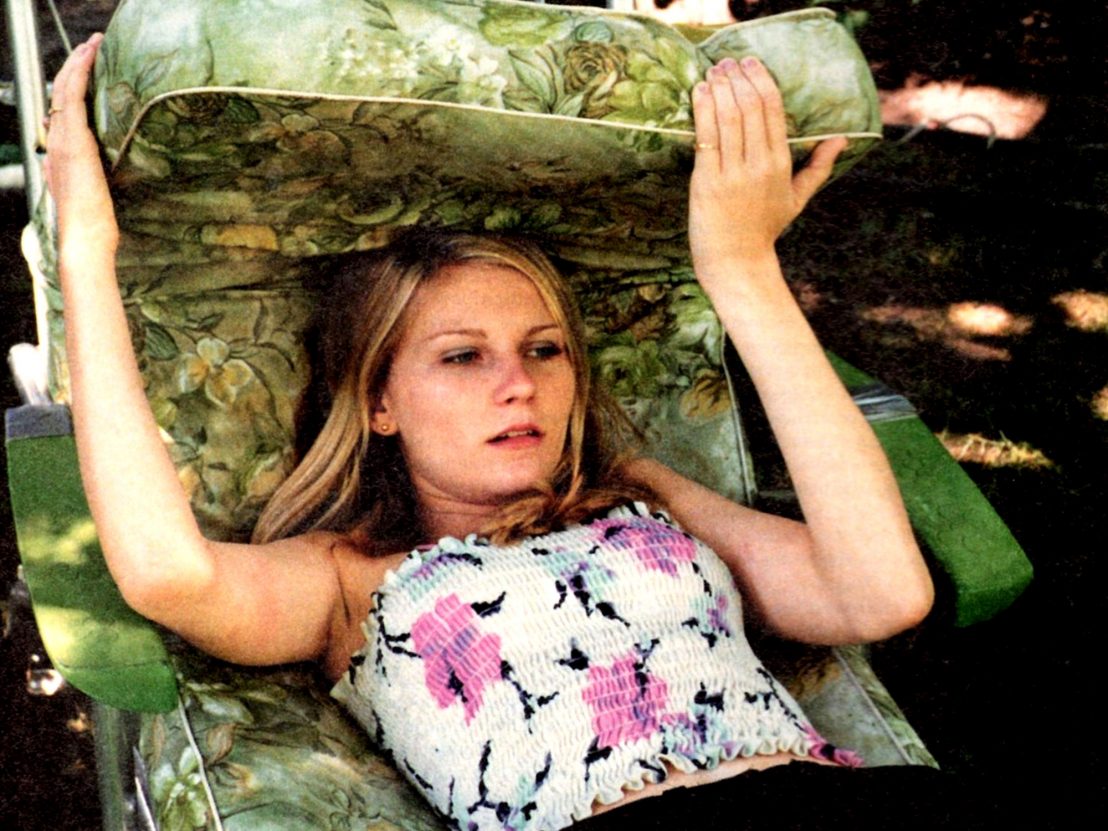
Speak to anyone under the age of 30 and they will undoubtedly have had very different first encounters with Kirsten Dunst. Maybe they attended a Small Soldiers-themed birthday party as a kid, or annoyed their parents by wearing out a VHS copy of Jumanji. They may have stumbled upon Bring It On at a sleepover, or experienced self-discovery alongside the queer sensibilities of Dick or Drop Dead Gorgeous. Perhaps they fell in love with her Mary-Jane Watson in Spider-Man, or they were the misfit who wanted to skip school to recline wistfully in a meadow à la Lux in The Virgin Suicides.
Whatever the case, an entire generation of moviegoers have grown up with Kirsten Dunst. Very few film stars working today can boast such a rich a varied career, but then Dunst has always seemed like a one-off: a character actress in the guise of a movie star, with a CV littered with both cult classics and mainstream hits.
During a recent AOL Build panel discussion on The Beguiled, Dunst was asked if she had consciously decided to work on more mature projects of late, in reference to 2016’s Midnight Special and the third season of the anthology series Fargo. She was understandably taken aback by the insinuation that it was something new. “Personally I feel like I’ve always tried to do that,” she said. “It’s not like I’m suddenly making indie films…”
It’s disappointingly common for female actors to have to constantly fight to prove themselves – just ask Dunst’s costar in The Beguiled, Nicole Kidman, whose own struggle for recognition was chronicled earlier this year in a fascinating Buzzfeed article. But Dunst’s own struggle seems to have largely flown under the radar, despite being a near-permanent fixture on our screens ever since she sat on Mia Farrow’s lap at aged seven in 1989’s New York Stories.
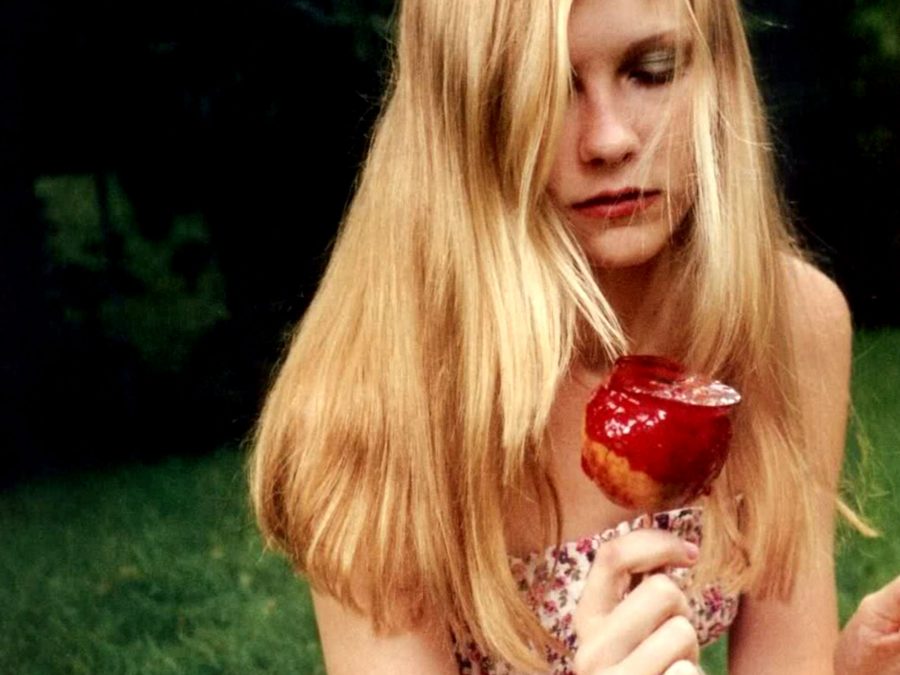
While she deservedly picked up the Best Actress award at the 2011 Cannes Film Festival for Melancholia, it took jumping to television for Dunst to finally receive awards attention at home, despite the fact that she has worked with numerous high-profile filmmakers, from Coppola to Michel Gondry to Neil Jordan, and consistently makes a strong impression. Even the dumpster fires on her resume have interesting legacies: it was Dunst’s ghastly love interest in Cameron Crowe’s Elizabethtown that inspired critic Nathan Rabin to coin the term ‘Manic Pixie Dream Girl’.
Perhaps the reason why she hasn’t received wider recognition has something to do with her youth appeal. Many of Dunst’s best-loved characters have been caught in the emotional tailspin of adolescence, filled with the pain of puberty and eager to demonstrate their own worth, whether that’s through competitive cheerleading or by attempting to make out with Brad Pitt as a sixtysomething vampire trapped in the body of a 12-year-old girl.
It’s also worth noting that these coming-of-age themes have consistently been told through the lens of female writers and directors, particularly her frequent collaborator, Sofia Coppola. That Dunst’s on-screen sexual awakening came without the usual lascivious surveying of her body seemed to confuse certain observers, who did everything they could to infantilise her long into her twenties. “Dunst is still in many ways a child-woman,” one British newspaper wrote in 2004, “with big gaps in her knowledge of life.”
In recent years, Dunst has spoken of her gratitude at having grown up around Coppola. “I was 16 and working with someone who I thought was one of the coolest women alive,” she told The Gentlewoman in 2016. “I was starting to feel my sexuality, but I wasn’t expressing those feelings because I was a kid… Thank god it was with Sofia! I felt so safe, and I could laugh and be nervous about kissing boys or whatever. I had a really good female role model in this industry at a very important age.”
There’s a part of Dunst’s journey which neatly mirrors that of all those viewers who came of age alongside her, endlessly searching for recognition, struggling to write our own narratives. With The Beguiled and an upcoming TV collaboration with Yorgos Lanthimos in the pipeline, plus her own directorial debut – an adaptation of Sylvia Plath’s ‘The Bell Jar’ – underway, it feels like we’re finally entering the age of Kirsten Dunst. It’s an exciting time for fans of her work, caveated by the nagging feeling that this really ought to have happened much sooner.
Published 12 Jul 2017
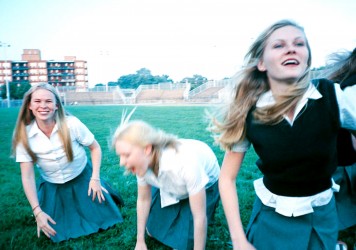
The Lisbon sisters helped me to understand my own awkward coming of age.
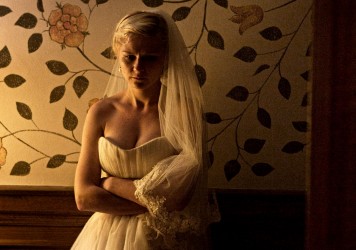
There’s something powerful here, but von Trier hasn’t quite managed to force it through the screen.
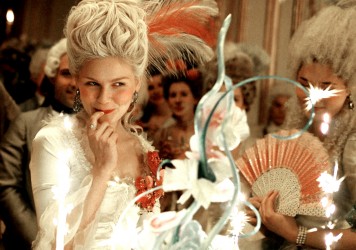
Sofia Coppola’s opulent period drama explores female self-empowerment in a man’s world.